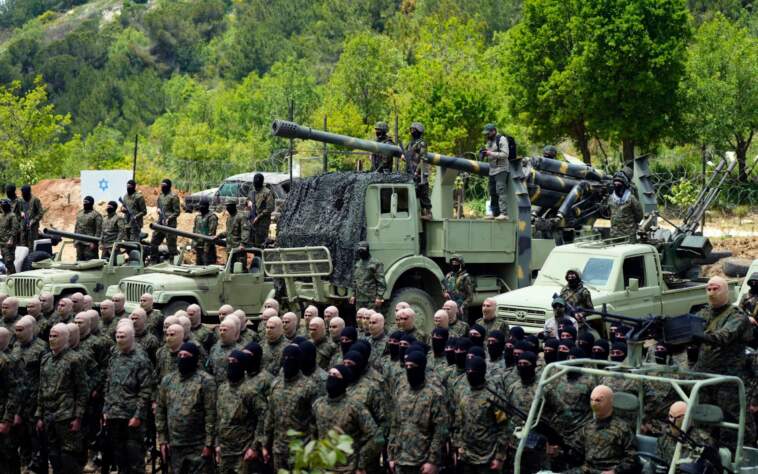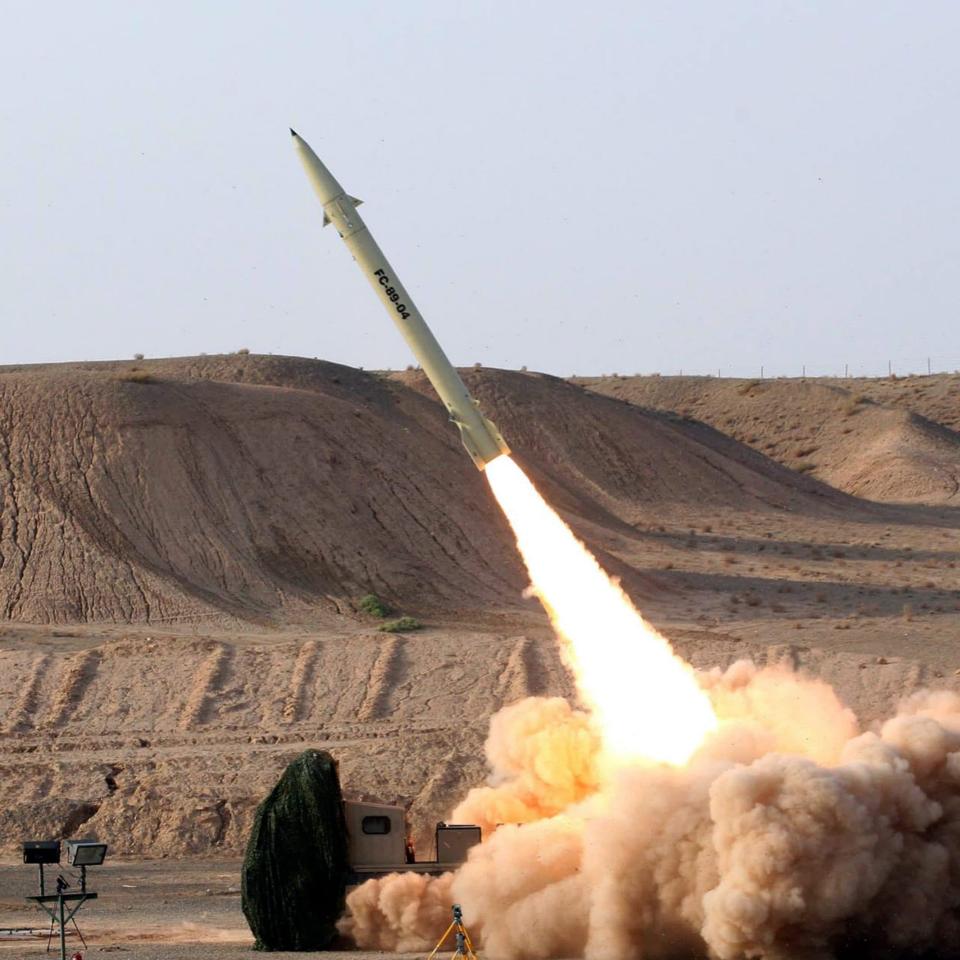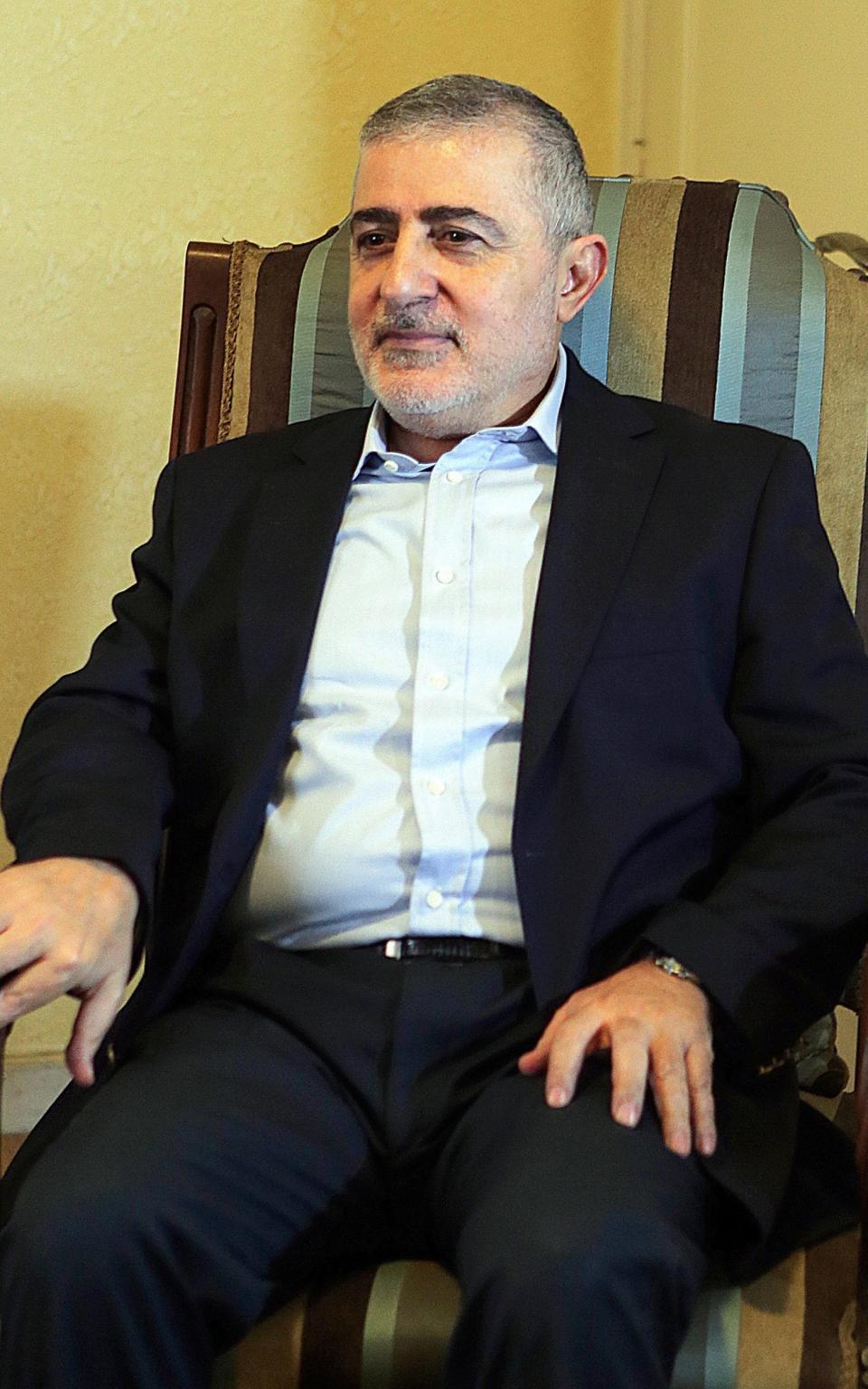(Yahoo) Hezbollah is storing huge quantities of Iranian weapons, missiles, and explosives in Beirut’s main civilian airport, according to airport whistleblowers.
The cache allegedly includes Iranian-made Falaq unguided artillery rockets, Fateh-110 short-range missiles, road-mobile ballistic missiles and M-600 missiles with ranges of over 150 to 200 miles.
Also at the airport is the AT-14 Kornet, laser-guided anti-tank guided missiles (ATGM), huge quantities of Burkan short-range ballistic missile and explosive RDX, a toxic white powder also known as cyclonite or hexagon.
The disclosures will raise fears that the Rafic Hariri airport, just four miles from the city centre, could become a major military target.
The disclosures will raise fears that the Rafic Hariri airport, just four miles from the city centre, could become a major military target.
The disclosures will raise fears that the Rafic Hariri airport, just four miles from the city centre, could become a major military target.
The disclosures will raise fears that the Rafic Hariri airport, just four miles from the city centre, could become a major military target.
The disclosures will raise fears that the Rafic Hariri airport, just four miles from the city centre, could become a major military target.
One airport worker, speaking to The Telegraph on condition of anonymity, said: “This is extremely serious, mysterious large boxes arriving on direct flights from Iran are a sign that things got worse.
“When they started to come through the airport, my friends and I were scared because we knew that there was something strange going on.”
He raised fears that an attack on the airport or explosion there could cause significant damage, and compared a possible blast to the one that ripped through the port and damaged much of downtown Beirut in 2020.
“Beirut will be cut off from the world, not to mention the number of casualties and damage,” he warned. “It’s just a matter of time before a disaster also happens at the airport.”

Hezbollah has previously been accused of using the civilian airport for weapon storage in the past, but the whistleblower claimed it has escalated since the conflict began in October.
In November, “unusually big boxes” arrived on a direct flight from Iran. “This doesn’t happen often, but it did happen exactly when everyone in Lebanon was talking about the possibility of war,” the first worker added.
Another whistleblower claimed: “For years I have been watching Hezbollah operating at Beirut airport, but when they do it during a war, it turns the airport into a target.
“If they keep bringing in these goods I’m not allowed to check, I really believe I’ll die from the explosion or I’ll die from Israel bombing ‘the goods’. It’s not just us, it’s the ordinary people, the people coming in and out, going on holiday. If the airport is bombed, Lebanon is finished.”

Hezbollah leaders have previously come under Western sanctions for smuggling through the airport.
Despite sanctions, staff at the airport claim Wafiq Safa, Hezbollah’s second in command and the head of its security apparatus, has become a notoriously inconspicuous figure at the airport.
“Wafiq Safa is always showing up at customs,” one whistleblower claimed, citing close relationships with the customs managers. “I feel like if we don’t do what they say, our families will be in danger.”








